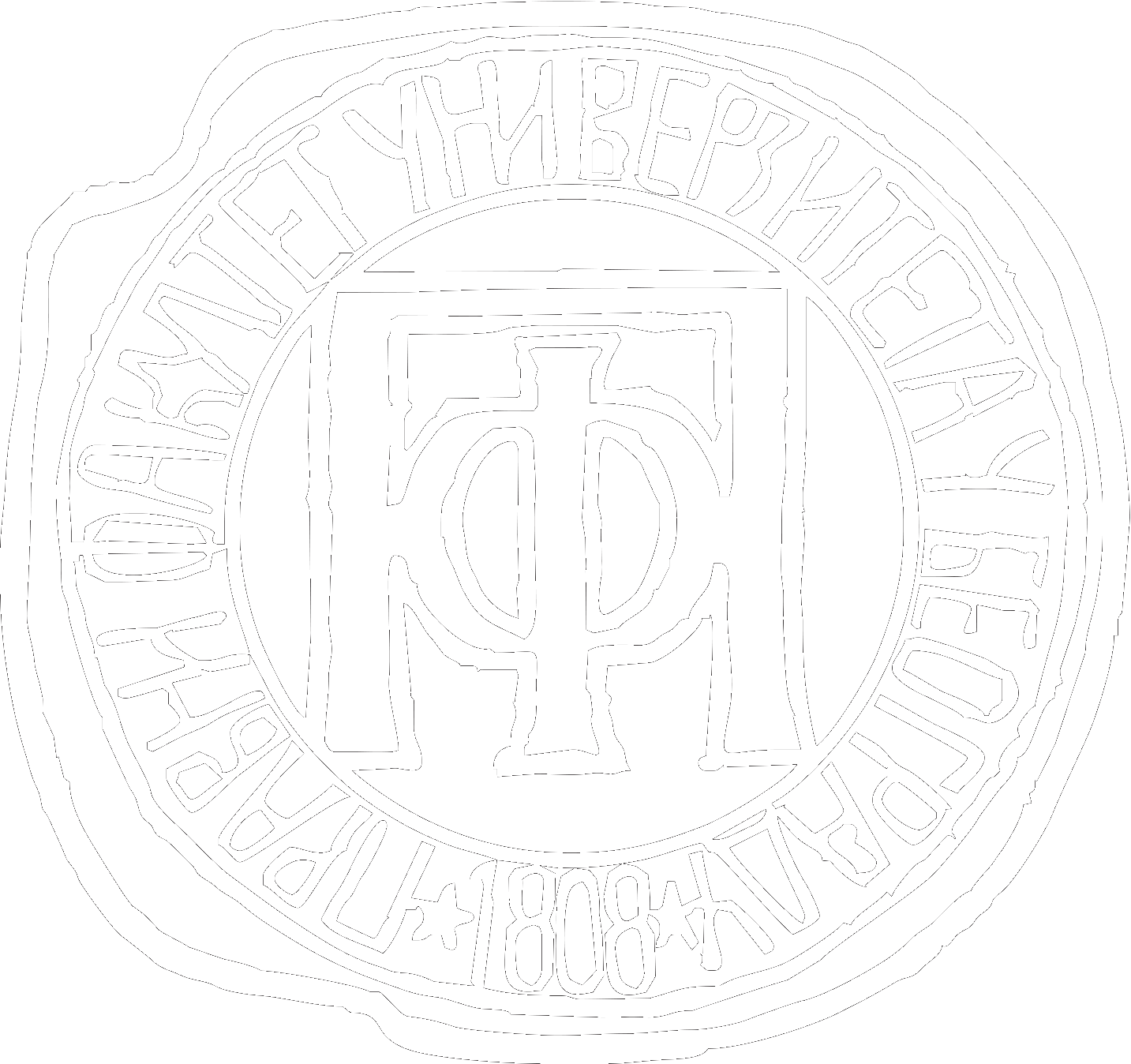Does Serbia need a criminal legislation reform?
Keywords:
reform of the criminal law; house arrest; probation; criminalization; decriminalization; fine; punishmentAbstract
Amendments to the Criminal Code (CC) enacted in December 2012, represent a step forward in improving Serbia's criminal legislation. This paper offers an analysis and evaluation of the new solutions. The author points out that some important issues are left to be addressed by future amendments to the Criminal Code. As stated in the paper, different drafting is required, inter alia, regarding criminal offences associated with narcotic drugs which, though amended in 2009, are not satisfactory and they keep creating problems in jurisprudence. Still, the general climate, as part of the necessary preconditions for a successful reform, cannot be presently assessed as favorable. Although there is a noticeably more serious approach to the preparations for amending criminal legislation compared to that observed in the past several years, overly repressive public aspirations, driven by strong emotions and, often, irrational reasons, fueled by most of the media, seem to be as intense as ever. Such aspirations which find draconic punishment to be the solution to existing social problems can only hurt criminal law as a rational system of criminal norms. The 'punishment frenzy' in Serbia does not come solely as a consequence of the conviction that this is an effective way to suppress criminality but also as a result of popularly-shared belief that severe punishments can provide a higher level of social justice. However, overreaction in terms of punishment as a compensation for the shortage of justice has its disadvantages and it can, in the best case scenario, only calm down the public to a certain extent, but certainly not bring true justice. A moderate, rational and realistically grounded criminal legislation would stand a better chance of successfully realizing its function than its excessively broad and overly severe counterpart. Amendments to the CC entered in 2012 represent a discontinuation relative to those adopted in 2009 which contained poor solutions with respect to a multitude of issues in both essential and legislative and technical sense. Still, signals coming from debates held in the National Assembly whenever criminal law matter is on the agenda, are not promising. They indicate a climate not so favorable for further improvement of criminal legislation. A comprehensive reform of criminal legislation requires a relatively stable social, political and economic situation. Another very important requirement is the legislator's awareness of the fact that the matter regulated by criminal legislation is very sensitive and that the role of criminal law is not to constantly broaden the circle of punishable behavior and to further toughen already tough penalties. Indeed, criminal legislation of Serbia, in its presently effective state, does not lag behind criminal legislations of the majority of European states and, therefore, there is no need to rush its reform.
Downloads
References
Albrecht, P.-A. 2010. Kriminologie. 4th ed. München. https://doi.org/10.1007/s11757-009-0036-9
Babić, M. 1987. Krajnja nužda u krivičnom pravu. Banja Luka.
Bejatović, S. 2012. “Sporazumi javnog tužioca i okrivljenog i novi ZKP RS.” Revija za kriminologiju i krivično pravo, nos. 1–2.
Ćirić, J. 2011. “Zločini mržnje – američko i balkansko iskustvo.” Temida, December.
Ćorović, E. 2013. “Prevara u osiguranju u Krivičnom zakoniku Srbije sa predlogom de lege ferenda.” In Nova rešenja u kaznenom zakonodavstvu Srbije i njihova praktična primena, Zlatibor–Beograd.
Hall, N. 2008. “Making Sense of Numbers: The Social Construction of Hate Crime in London and New York City.” In Hate Crime, edited by J. Goodey and K. Aromaa. Helsinki.
Hecker, H. 2010. Europäisches Strafrecht. 3rd ed. Berlin–Heidelberg. https://doi.org/10.1007/978-3-642-13127-1_1
Ignjatović, Đ. 2010. Kriminologija. 10th revised ed. Beograd.
In den USA mildere Strafen für Drogendelikten geplant. 2013. DW Themen, August 12.
Kühl, K. 2011. In Lackner/Kühl: Strafgesetzbuch, Kommentar, 27th ed. München.
Kolarić, D. 2013a. “Nova koncepcija krivičnih dela terorizma u Krivičnom zakoniku Republike Srbije.” Crimen, no. 1.
Kolarić, D. 2013b. “Mržnja kao otežavajuća okolnost.” In Nova rešenja u kaznenom zakonodavstvu Srbije i njihova praktična primena, Zlatibor–Beograd.
Prittwitz, C. 2011. “Strafrecht als propria ratio.” In Strafrecht als Scientia Universalis: FS für C. Roxin zum 80. Geburtstag, vol. 1, Berlin–New York. https://doi.org/10.1515/9783110255287.23
Radulović, D. 2013. “Aktuelna pitanja krivičnoprocesnog zakonodavstva Crne Gore.” Pravni zbornik, nos. 1–2.
Ristivojević, B. 2013. “Punitivni populizam srpskog zakonodavca – Kritička analiza tzv. Marijinog zakona.” In Nova rešenja u kaznenom zakonodavstvu Srbije i njihova praktična primena, Zlatibor–Beograd.
Santana Vega, D. M. 2011. “Strafrechtliche Aspekte der diskriminierenden Meinungsfreiheit: Eine europäische Perspektive.” In Strafrecht als Scientia Universalis: FS für C. Roxin zum 80. Geburtstag, vol. 2, Berlin–New York. https://doi.org/10.1515/9783110255287.1537
Sieber, U. 2009. “Die Zukunft des Europäischen Strafrechts.” ZStW, no. 1.
Stojanović, Z. 2010. Komentar Krivičnog zakonika. Podgorica.
Stojanović, Z. 2012. “Krivično delo nezakonitog bogaćenja, razlozi za i protiv uvođenja.” In Aktuelna pitanja krivičnog zakonodavstva (normativni i praktični aspekt), Zlatibor–Beograd.
Škulić, M. 2013. Osnovne novine u krivičnom procesnom pravu Srbije. Beograd.

Downloads
Published
How to Cite
Issue
Section
License
Copyright (c) 2013 Zoran Stojanović

This work is licensed under a Creative Commons Attribution 4.0 International License.
The authors retain copyright and grant the journal the right of first publication, allowing others to share the work with proper attribution to the authors and acknowledgment of its original publication in this journal.










